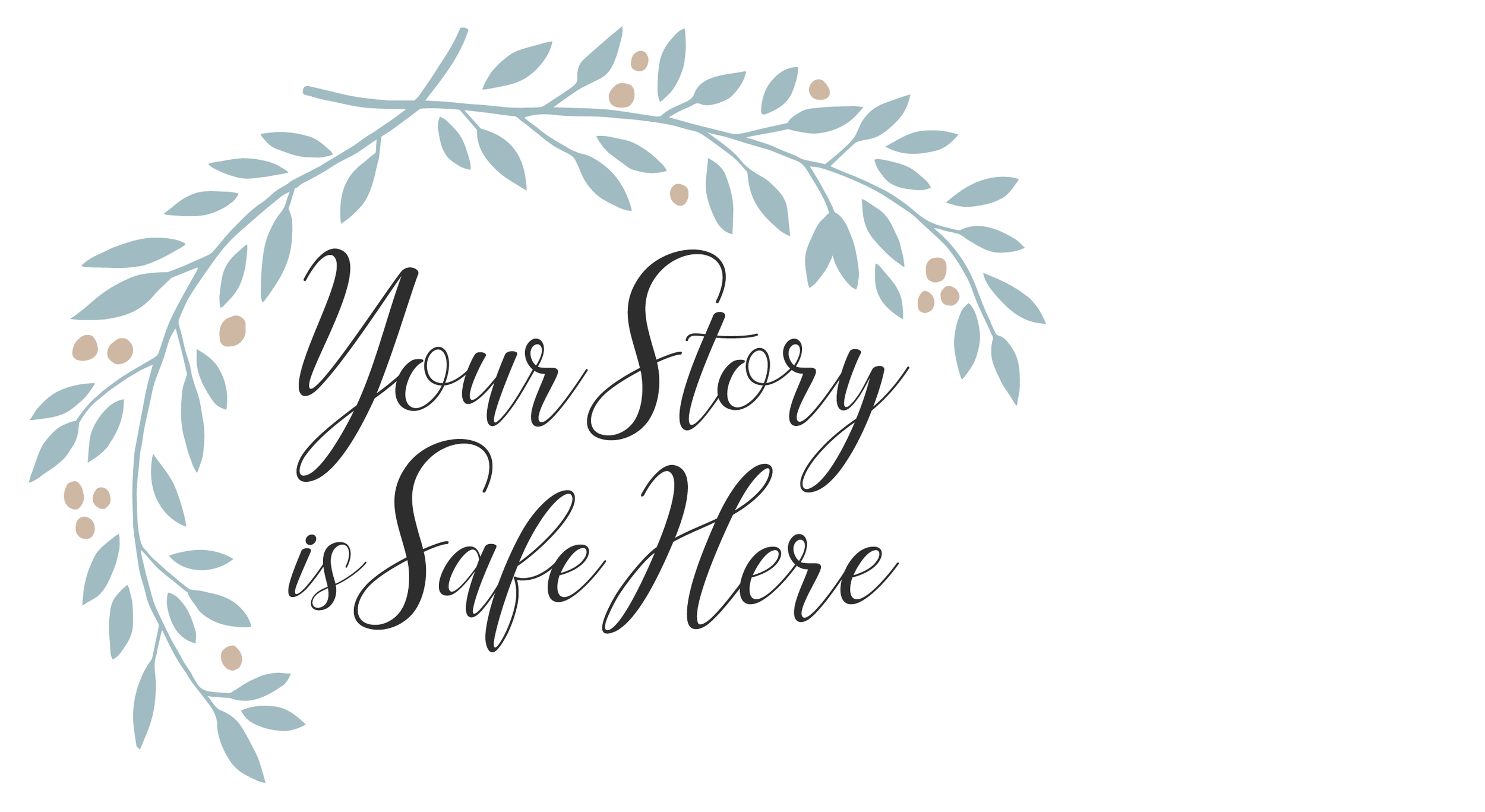After discovery, we can be confused about our trauma symptoms and by our trauma symptoms. Memory and concentration problems, self-doubt, numbing, intrusive memories, hypervigilance, and unexpected triggers are compounded by gaslighting, denial, lying, personal criticisms, silent treatment, rage, etc., from the man called a sex addict. Then, after a hard-fought battle to have our trauma symptoms correctly identified, we can still face practitioners who call us codependent and co-addict. But when “experts” talk up partner trauma to gain our trust, and then tiptoe backwards by saying our symptoms may “sound like” trauma symptoms, or that we have “trauma-like” symptoms…you’ve probably had about as much as you can take.
Research says when things look like traumatic stress symptoms, act like traumatic stress symptoms, and sound like traumatic stress symptoms—they’re traumatic stress symptoms. And in our case if they meet the criteria and last longer than a month, nearly 70% of the time they also indicate Post-Traumatic Stress Disorder. That means we need something a little more than “treatment-like” care. We need informed and competent clinical care. And yes, it also means we’re right back where we were—having to stand up for ourselves and demand a correct assessment of our real symptoms and a correct treatment protocol.
Read More
